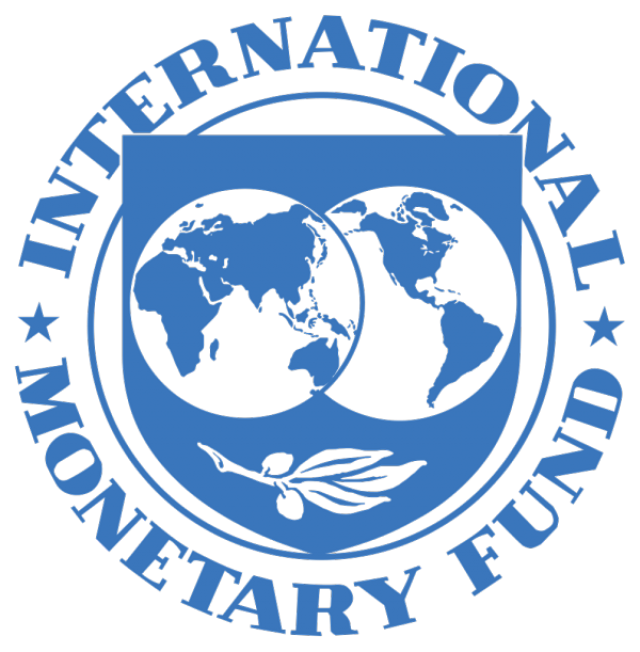The International Monetary Fund’s prediction of a weak revenue generation for Nigeria in the short term may have some implications, according to reports.
This is coupled with the Federal Government’s recent projections of lower revenue for 2019 than budgeted for 2018.
According to a research report by the FSDH Merchant Bank Limited titled ‘Low revenue generation: Implications for Nigerian economy and financial market,’ the declining crude oil price may place additional macroeconomic pressure on Nigeria in the short term.
The Federal Government would need to urgently adopt active partnership arrangements with the private sector to improve infrastructure, the researchers noted.
It pointed out that the Monetary Policy Committee members of the Central Bank of Nigeria had limited options: which were to either maintain current policy rates and increase the yields on Nigerian Treasury Bills at the Open Market Operations; or increase the Cash Reserve Requirement to mop-up the expected liquidity in the financial market.
While the FSDH research expects the yields on the NTBs to increase in November, it stated that there were opportunities to take profit on some Nigerian Eurobonds investments and buy back later when prices drop.
There are strong growth opportunities in the telecommunications industry despite its temporary challenges, according to the research.
It noted that investors should position in stocks that would pay dividends.
While expatiating on the ratio of government revenue to nominal Gross Domestic Product, it noted, “Nigeria’s ratio of revenue to the GDP was the lowest between 2012 and 2017.
The IMF expects it to remain as the lowest in the medium-term among some countries it listed which are: Venezuela, Ghana, Kenya, Egypt, Angola, Morocco, China, South Africa, United States of America, Saudi Arabia, Russia, Japan and the United Kingdom.
In order to address this, FSDH research expects the Federal Government to do the following: Adopt Public Private Partnership, provide more support for the non-oil sector to generate more revenue, and intensify efforts to generate more tax revenue.
It further explained the Federal Governments assumptions from the medium-term expenditure framework and fiscal strategy paper.
It added that the proposed new national minimum wage would place additional pressure on the government’s fiscal position.






